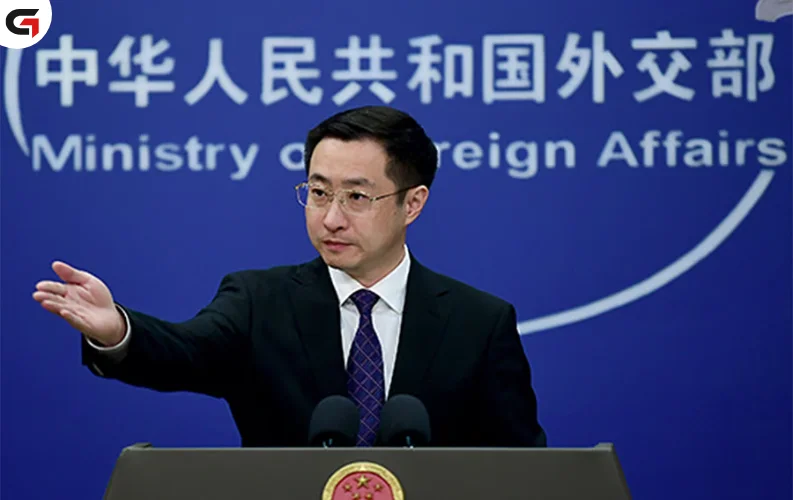China has introduced a new visa category—called the ‘ASEAN Visa’—to facilitate long-term, multi-entry access for citizens of the 10 ASEAN nations and observer state Timor-Leste, state media reported Tuesday.
The new visa allows eligible business travelers and their immediate family members to enter China multiple times over a five-year period, with each visit permitting a stay of up to 180 days.
Announced during a regular briefing by Chinese Foreign Ministry spokesperson Lin Jian, the initiative is part of broader efforts to strengthen regional mobility and cooperation.
“This initiative further enhances the convenience of cross-border movement within the region,” Lin said.
The visa builds on existing mutual visa exemption policies China holds with nations such as Singapore, Thailand, and Malaysia. It also complements the previously introduced “Lancang-Mekong Visa”, which supported travel among Mekong River countries.
Supporting a Shared Regional Vision
China framed the launch of the ASEAN Visa as part of its goal to develop a “China-ASEAN community with a shared future”. According to Lin, the policy supports growing diplomatic and economic exchanges, with an emphasis on peace, prosperity, and environmental cooperation.
“Further facilitating personnel exchanges is a common aspiration for both China and its Southeast Asian partners,” he said.
Broader Visa Liberalization Strategy
The ASEAN Visa follows China's recent expansion of visa-free access to a number of countries. As of June 1, citizens of Brazil, Argentina, Chile, Peru, and Uruguay can enter China without a visa under a new trial policy. Additionally, all six Gulf Cooperation Council (GCC) nations—including Saudi Arabia and the UAE—are now eligible for visa-free entry.
According to the ministry, 43 countries now enjoy visa-free access to China.
Positive Economic Indicators
In the first quarter of 2025, over 9 million foreign nationals entered China—a more than 40% increase year-on-year. In the first four months, 18,000 new foreign-invested enterprises were registered, up 12.1% from the same period in 2024.
“China will continue to optimise entry policies, expand visa-free coverage, and offer more convenient services,” Lin concluded. “Our aim is to drive shared prosperity through greater openness and international cooperation.”




















